Hundreds of thousands took to the streets to protest the government's actions after former Interior Minister Mariusz Kaminski and former Deputy Interior Minister Maciej Wasik, both members of the now opposition Law and Justice (PiS) party, were arrested at the Polish presidential palace on Tuesday evening. The arrested politicians had been sentenced to jail but received presidential pardons.
However, not only lawmakers fell victim to the politically-motivated purge: Tusk and his circles unlawfully replaced the heads of Poland's public television, radio and state news agency, as well as threatened to remove judges.
Poles have what the Soros-allied Tusk government wants
Describing the events unfolding over the recent weeks, Jaroslaw Kaczynski, the leader of the right-wing Law and Justice (PiS) party said on Saturday that
In Poland, "no law is applicable anymore. The law is what Tusk wants. It is impossible to live in such a country. This is not a democratic state. The constitution is practically no longer in force."
V4NA addressed a written inquiry to the European Commission to find out what steps they are planning to take to protect the rule of law in Poland. The news agency also asked the body to comment on the arrest of MPs, however, the Commission declined the request, saying it is an "individual case" within the competence of national authorities, and adding that
they don't comment on individual cases.
The news agency raises the question as to what the Commission considers an "individual case". There have been numerous instances when the previous right-wing Polish and current Hungarian governments have been the subject of their criticisms – potentially leading to serious legal repercussions – on issues that are within the national competence of the member states. In other words, the European Commission has intervened in the internal affairs of countries on several occasions.

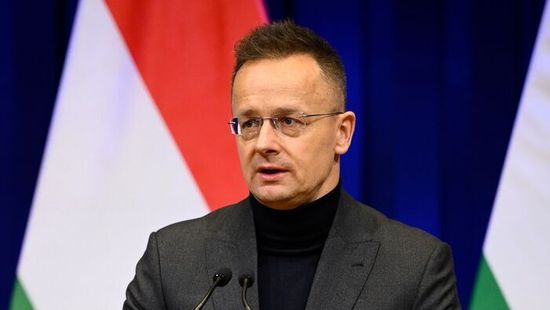

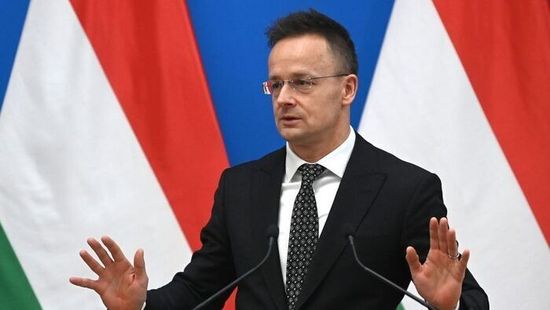


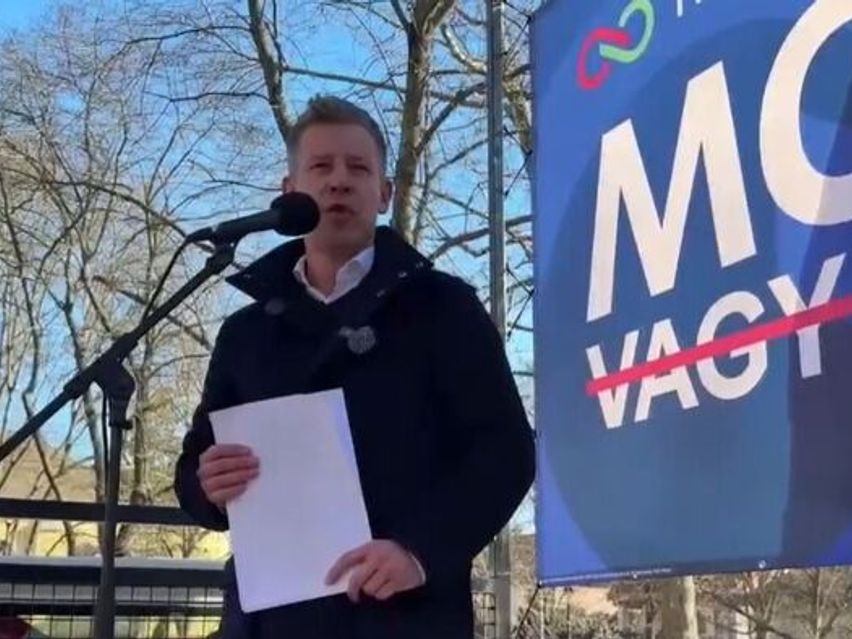






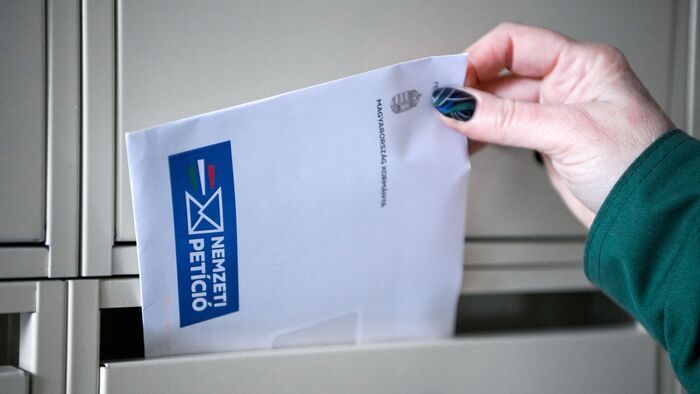
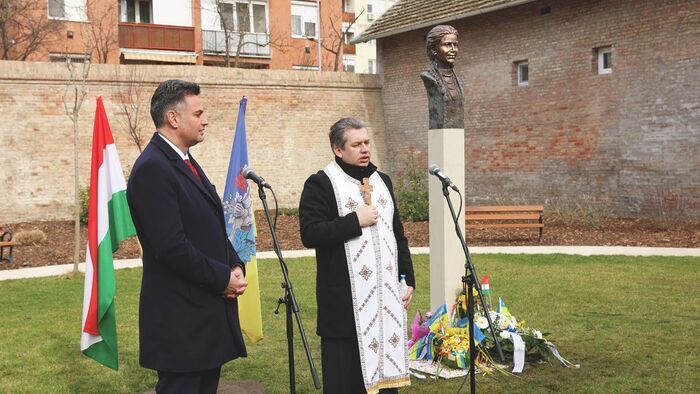


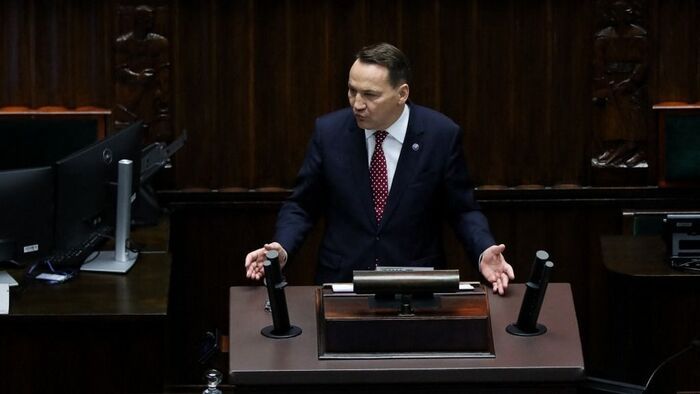





Szóljon hozzá!
Jelenleg csak a hozzászólások egy kis részét látja. Hozzászóláshoz és a további kommentek megtekintéséhez lépjen be, vagy regisztráljon!